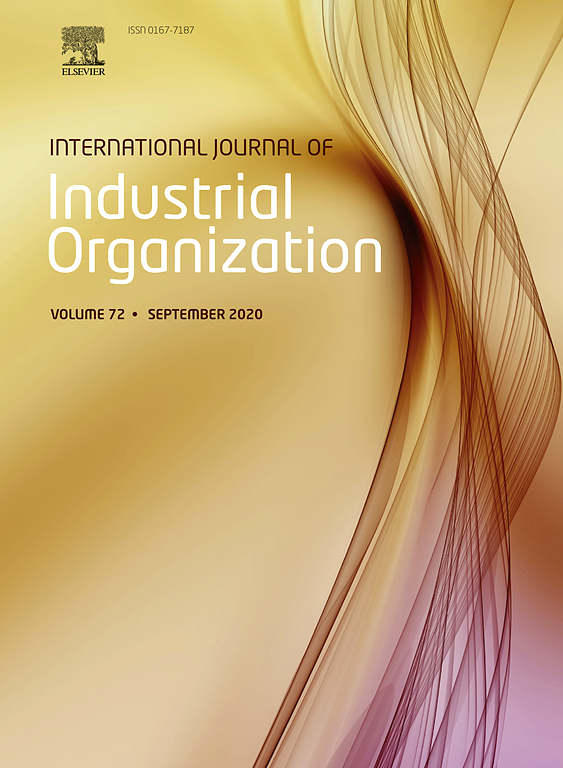
The paper “Prioritization vs zero-rating: Discrimination on the internet” by Robert Somogyi (joint with Axel Gautier) has been published recently in the International Journal of Industrial Organization.
Click here for free access to the article until Nov 15th.
The authors compare two business practices on the mobile internet market, paid prioritization and zero-rating. These practices are tools for the internet service provider (ISP) to alter competition on the content market. Both violate the principle of net neutrality, but the paper shows that their effects on consumer welfare are fairly different. In particular, it finds that a policy banning prioritization (a policy currently followed by the EU and also the US until 2016) can lead to zero-rating (if allowed) and a reduction in consumer surplus. Finally, the paper also shows that despite the fears of net neutrality advocates about excluding lawful content, the ISP can extract more surplus from consumers by privileging the relatively weaker content, at least when asymmetry between content types is limited.
